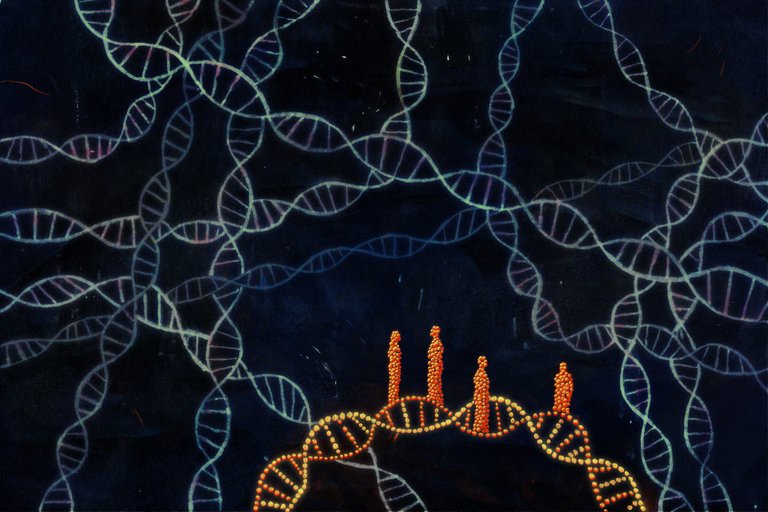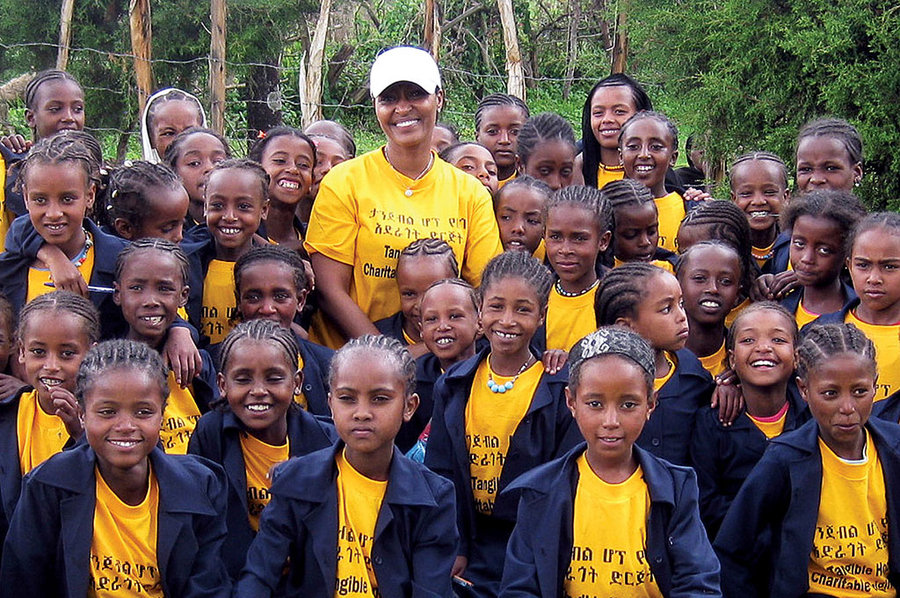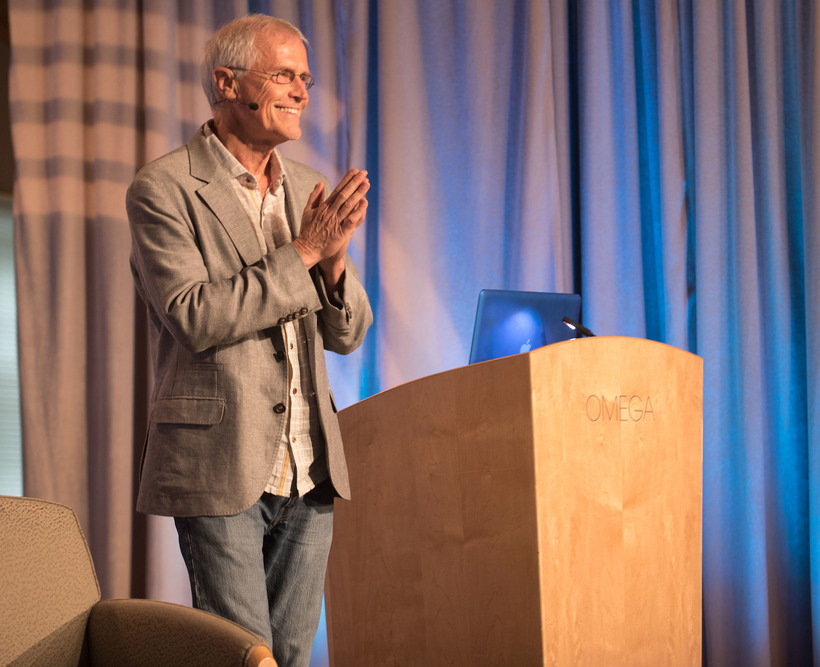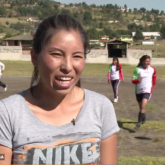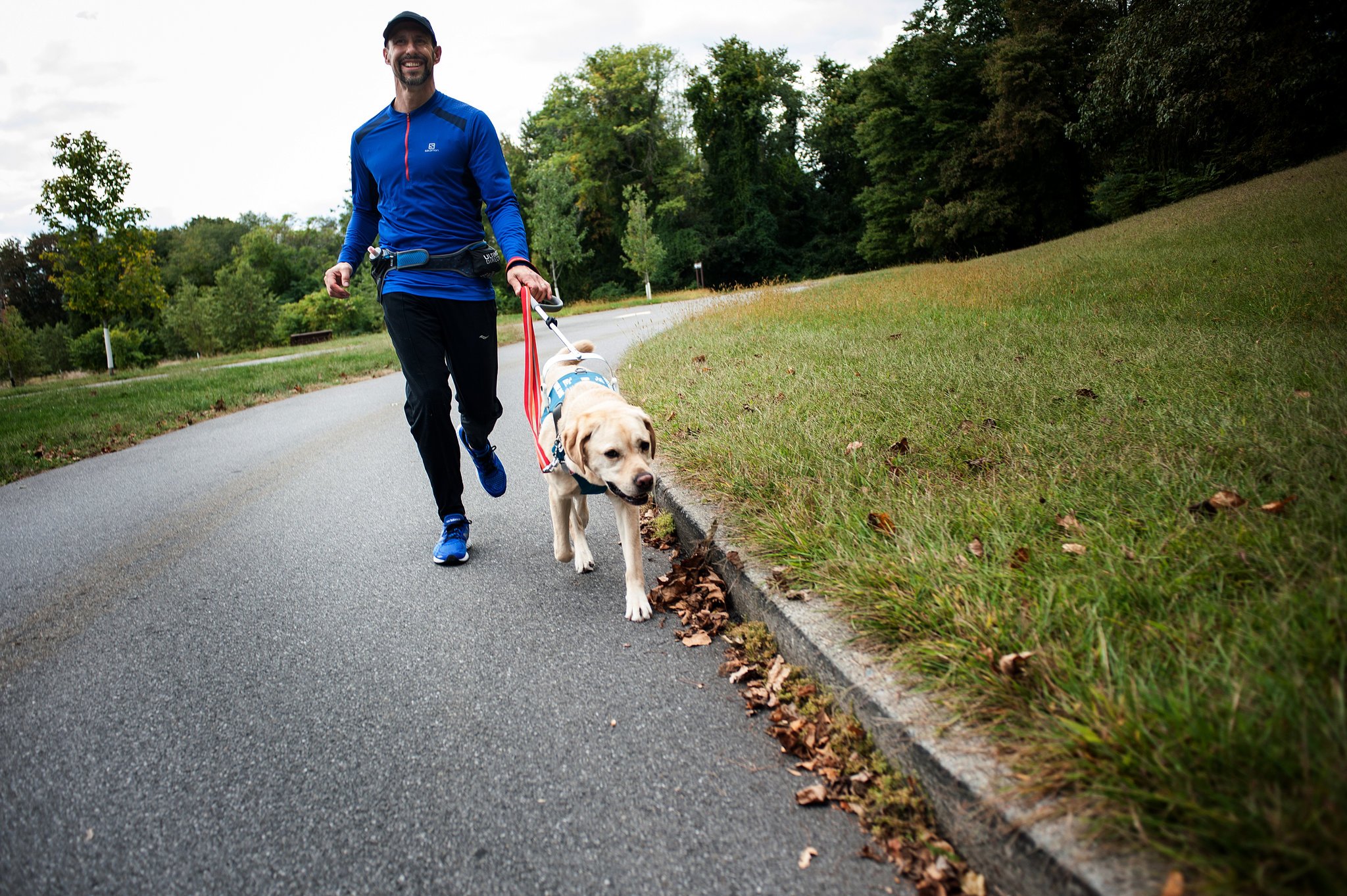This month’s Grateful News focuses on the remarkable post-war rise of Hiroshima; how genetic research gives a sense of belonging; a woman giving hope to young girls in her home town; a new vocabulary for climate change that can aid meaningful action; how soccer is helping indigenous women fight against abuse; and a blind runner and his guide dog training for a marathon…
How Hiroshima Rose From the Ashes
A remarkable series of events is ensuring that Hiroshima will go down in history for far more inspirational reasons than the A-bomb. Starting when Mayor Shinzo Hamai proclaimed in 1947: “Let us join together to sweep from this Earth the horror of war, and to build a true peace.” >> Full Story
My ‘Orphan Disease’ Has Given Me a New Family
Before decades of scientific work gave us the genome map in 2003, ways to explain unexpected human variation were limited. Now, instead of “birth defects,” people like Rosemarie Garland-Thomson have “rare genetic conditions,” or “orphan diseases,” and can find kinship networks that often provide alternative families of mutual care and support. >> Full Story
After She Returned to Her Ethiopian Hometown, She Had to Help the Girls
Lily Yoseph was struck by the poverty in her home village, as well as the fact that often girls don’t have the opportunity to attend school. So she established a nonprofit, Tangible Hope Foundation, that gives girls everything from medical care to school uniforms. >> Full Story
Drawdown: Transforming the Climate Change Conversation, with Paul Hawken
“Science is extraordinary. Science communication is inept,” says Hawken. Enter Project Drawdown, with the 100 most substantive solutions to climate change. War metaphors such as “battling climate change” don’t inspire meaningful action because they don’t bring people together. The solution “is reimagining what it means to be a human being and the connection to others.” >> Full Story
Indigenous Women Fight Violence With Football
Indigenous women in Mexico are finding a sporting way to fight back against physical and sexual violence. The Mazahua people are vulnerable – often within their own communities. But one woman is helping to change things. >> See Video
A Blind Runner and His Very Good Boy
Guide dogs are taught to keep the blind safe. Now they’re being trained to help guide visually impaired runners in road races — and maybe, someday, in a marathon. >> Full Story


